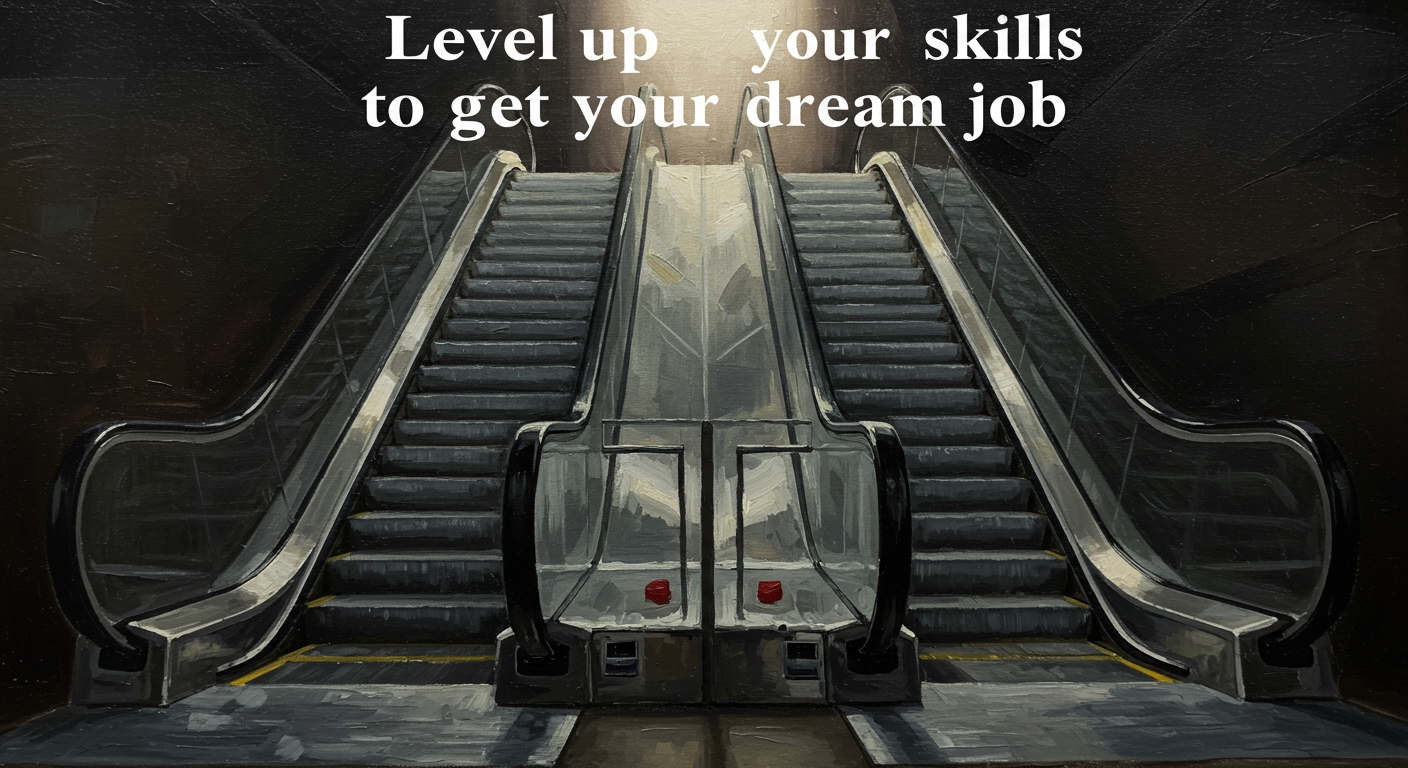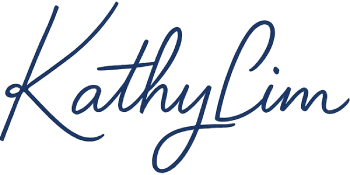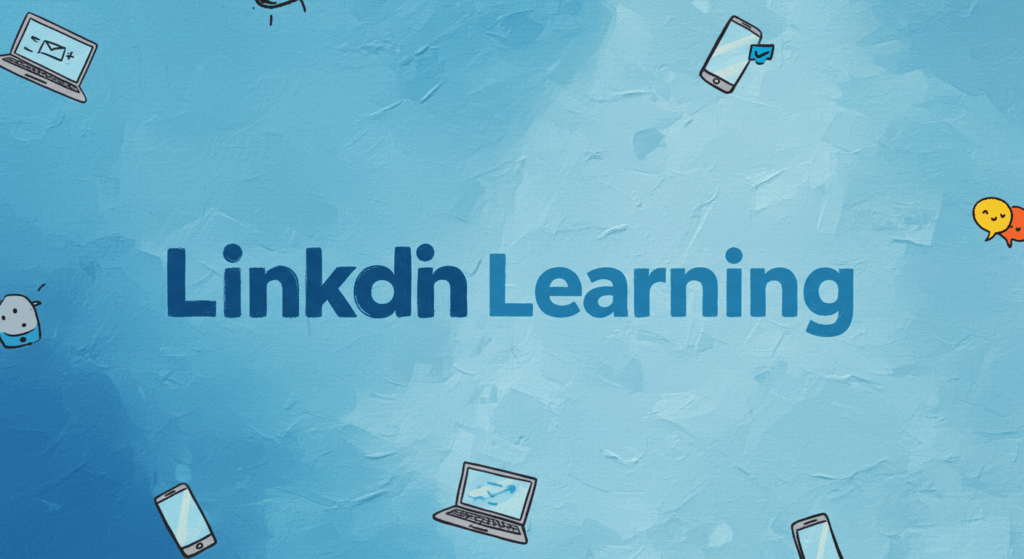Look, I’ll be straight with you – the job market right now? It’s honestly a bit of a wild ride. One day you’re hearing about layoffs, the next day everyone’s talking about skill shortages. And if you’re sitting there wondering what the heck you should be learning to stay relevant (or even just get hired), well… you’re definitely not alone.
I’ve been thinking about this a lot lately, especially after seeing so many friends pivot their careers or struggle to land that next role. The truth is, it’s less about the degrees they hold and more about the skills they bring to the table these days. Companies are finally waking up to the fact that someone with the right mix of skills can often outperform someone with a fancy degree but no real-world experience.
So what does “hireable” even mean in 2025? That’s what we’re going to dig into today.
The Great Skills Shift (And Why It Actually Matters)
Here’s something that might surprise you – the percentage of companies adopting skills-based hiring practices increased from 40% in 2020 to 60% in 2024. That’s a massive shift, and honestly, it’s about time.
You know what this means? It means that quirky career path you took, those side projects you’ve been tinkering with, or even that random course you completed last summer could actually be more valuable than you think. Companies are starting to care less about where you went to school and more about what you can actually do.
But here’s the kicker – and this is where it gets interesting – technological skills are projected to grow in importance more rapidly than any other skills in the next five years. At the same time, though, soft skills are becoming just as crucial. It’s like we need to be these weird hybrid humans who can code AND have emotional intelligence. Fun times, right?
The Technical Skills That Are Actually Worth Your Time
Let’s talk about the elephant in the room: AI and machine learning. I know, I know – everyone and their grandmother is talking about AI these days. But here’s the thing, demand for generative AI and machine learning skills has soared, and it’s not just hype.
Now, before you panic thinking you need to become a data scientist overnight, take a breath. You don’t need to build the next ChatGPT. But understanding how to work WITH AI tools? That’s becoming non-negotiable in most fields.
The AI Skills That Actually Matter
I’m not talking about becoming an AI engineer (though if that’s your thing, go for it). I’m talking about practical stuff like:
- Understanding how to prompt AI tools effectively (yeah, that’s actually a skill now)
- Knowing when to use AI and when not to
- Being able to fact-check and refine AI outputs
- Understanding the limitations and biases of AI systems
It sounds simple, but trust me, most people are still treating AI like some magic black box. If you can actually understand how to work with these tools strategically, you’re already ahead of the curve.
Data Skills (But Make Them Practical)
Data analysis is huge right now, but here’s what I’ve learned from hiring managers – they don’t necessarily need you to be a statistics wizard. They need you to be able to look at numbers and tell a story.
Can you pull insights from a spreadsheet? Can you create a chart that actually makes sense? Can you spot trends and explain what they might mean for the business? Those are the data skills that matter in most roles.
The Cybersecurity Wave
With everything going digital, trends are driving demand for security related job roles and increasing demand for network and cybersecurity skills. And honestly, this one makes total sense when you think about how much of our lives (and businesses) are online now.
You don’t need to become a white-hat hacker, but understanding basic cybersecurity principles? That’s becoming as essential as knowing how to use email was 20 years ago.
The Soft Skills Revolution (Yes, They’re Actually Hard)
Here’s where things get really interesting. 92% of hiring managers now consider soft skills equally, if not more, important than technical expertise. Let that sink in for a second.
I used to roll my eyes at “soft skills” training. I thought it was just corporate fluff, you know? But after seeing how teams actually function (or don’t function), I get it now. 89% of bad hires typically lack critical soft skills, regardless of their technical proficiency.
Communication Skills (The Ultimate Superpower)
We’ve all worked with that brilliant person who couldn’t explain their ideas to save their life. Don’t be that person. In a world where remote work is common and teams are more distributed than ever, being able to communicate clearly – in writing, in meetings, in casual conversations – is literally a superpower.
Employers are seeking talents with strong interpersonal skills, such as communication, customer service, leadership, and management. This isn’t just about being friendly (though that helps). It’s about being able to:
- Explain complex ideas simply
- Give and receive feedback constructively
- Navigate difficult conversations
- Adapt your communication style to different audiences
Adaptability and Resilience
Let’s be real – the past few years have been… a lot. Companies learned the hard way that resilience, flexibility and agility skills aren’t just nice-to-haves anymore. They’re survival skills.
Think about it – how quickly did you adapt when everything went remote? How well do you handle it when projects change direction mid-stream? Can you bounce back from setbacks without losing your mind? These might seem like basic human skills, but they’re surprisingly rare in professional settings.
Leadership (Even If You’re Not “The Boss”)
Here’s something I wish someone had told me earlier in my career: leadership isn’t about having people report to you. It’s about influence, initiative, and the ability to make things happen even when you don’t have formal authority.
Leadership and social influence skills are in high demand, and they show up in unexpected ways. Can you rally a team around an idea? Can you mentor a junior colleague? Can you speak up when something’s not working? That’s leadership.
The Creative and Strategic Skills That Set You Apart
While everyone’s obsessing over technical skills, there’s this whole other category that’s quietly becoming super valuable. Design and user experience, along with marketing and media skills, are also expected to see growth driven by technological advancements.
Design Thinking and UX
You don’t need to be a designer to benefit from design thinking. It’s really about approaching problems from a user-first perspective and being able to think through solutions systematically. Companies are realizing that products and services that actually work for humans are… shocking, I know… more successful.
Content Creation and Storytelling
In a world where everyone’s fighting for attention, content creation and management skills involve storytelling and are often crucial for marketing careers. But it’s not just marketing anymore. Every role involves some level of storytelling – whether you’re presenting to stakeholders, documenting processes, or just trying to get buy-in for your ideas.
How to Actually Develop These Skills (Without Going Broke)
Okay, so you’re convinced you need to upskill. Now what? The good news is that a growing focus on continuous learning means there are more resources available than ever before.
Start With What You Have
Before you sign up for expensive courses, look at what you’re already doing. Are you managing projects at work? That’s project management experience. Are you training new team members? That’s leadership and communication. Are you troubleshooting technical issues? That’s problem-solving and technical skills.
Document these experiences. Seriously, write them down. You’ll be surprised how much you’re already learning just by doing your job.
The Power of Side Projects
I can’t stress this enough – side projects are gold. They show initiative, let you experiment with new skills, and give you something concrete to talk about in interviews. Plus, they’re often more interesting than your day job (don’t tell your boss I said that).
Pick something you’re genuinely curious about. Want to learn data analysis? Analyze something you care about – sports stats, your spending habits, local housing prices. Want to practice design skills? Redesign a website you use regularly. Want to improve your writing? Start a blog about literally anything.
Online Learning (But Be Strategic About It)
Yes, there are a million online courses out there. No, you don’t need to take all of them. Here’s my advice: focus on skills that combine multiple areas. For example, learning to build dashboards teaches you data analysis, design thinking, AND storytelling all at once.
Also, don’t just consume content – create something with what you learn. Build projects, write about your insights, teach others. That’s how learning actually sticks.
The Reality Check Nobody Wants to Give You
Here’s the thing nobody likes to talk about – these new jobs come with a 44% change in a core skill set. That sounds terrifying, but it’s also exciting if you think about it. We’re all figuring this out together.
The pressure to constantly upskill can be overwhelming, and honestly, it sometimes feels like we’re all running on this endless treadmill of learning just to keep up. That’s… probably not sustainable, and it’s okay to acknowledge that.
Focus on Fundamentals, Not Fads
Instead of chasing every new trend, focus on the fundamentals that transfer across contexts. Critical thinking, clear communication, the ability to learn quickly, emotional intelligence – these are skills that will serve you regardless of what specific technology or methodology is popular at the moment.
It’s Okay to Be Strategic
You don’t need to be good at everything. Figure out where you want to go and what skills will actually matter for that path. If you’re in finance, understanding AI might be more important than learning graphic design. If you’re in marketing, storytelling and data analysis might trump coding skills.
Making Yourself Unforgettably Hireable
So what does it all add up to? Skilled professionals are in high demand, but it’s not just about having skills – it’s about having the RIGHT mix of skills and being able to demonstrate them effectively.
The most hireable people I know aren’t necessarily the smartest or most technically proficient. They’re the ones who can bridge different worlds – the ones who can translate between technical and business teams, who can combine analytical thinking with creative problem-solving, who can lead projects AND execute details.
The Portfolio Approach
Think of yourself as a portfolio of capabilities rather than someone with a single job title. What unique combination of skills do you bring? How do your experiences connect in interesting ways? That’s your competitive advantage.
Show, Don’t Just Tell
Anyone can list skills on a resume. The people who get hired are the ones who can demonstrate those skills through stories, examples, and actual work. Build a portfolio, write case studies, share your thinking process. Make it easy for employers to see what you can do.
The Bottom Line
Look, the job market is always going to be changing. The workplace of tomorrow could look very different from what we know today. But instead of feeling anxious about that, maybe we can see it as an opportunity.
The skills that make you hireable aren’t just about landing a job – they’re about building a career that’s resilient, interesting, and meaningful. Whether that’s mastering new technologies, developing your emotional intelligence, or learning to tell better stories, the investment you make in yourself now will pay dividends for years to come.
And hey, if you’re feeling overwhelmed by all of this, remember – you don’t have to transform overnight. Pick one or two areas to focus on. Be consistent rather than perfect. And give yourself credit for the skills you already have.
The future belongs to people who can learn, adapt, and connect with others. If you’re reading this and thinking about how to improve yourself, you’re already on the right track.
Now stop reading about skills and go develop some. You’ve got this.









